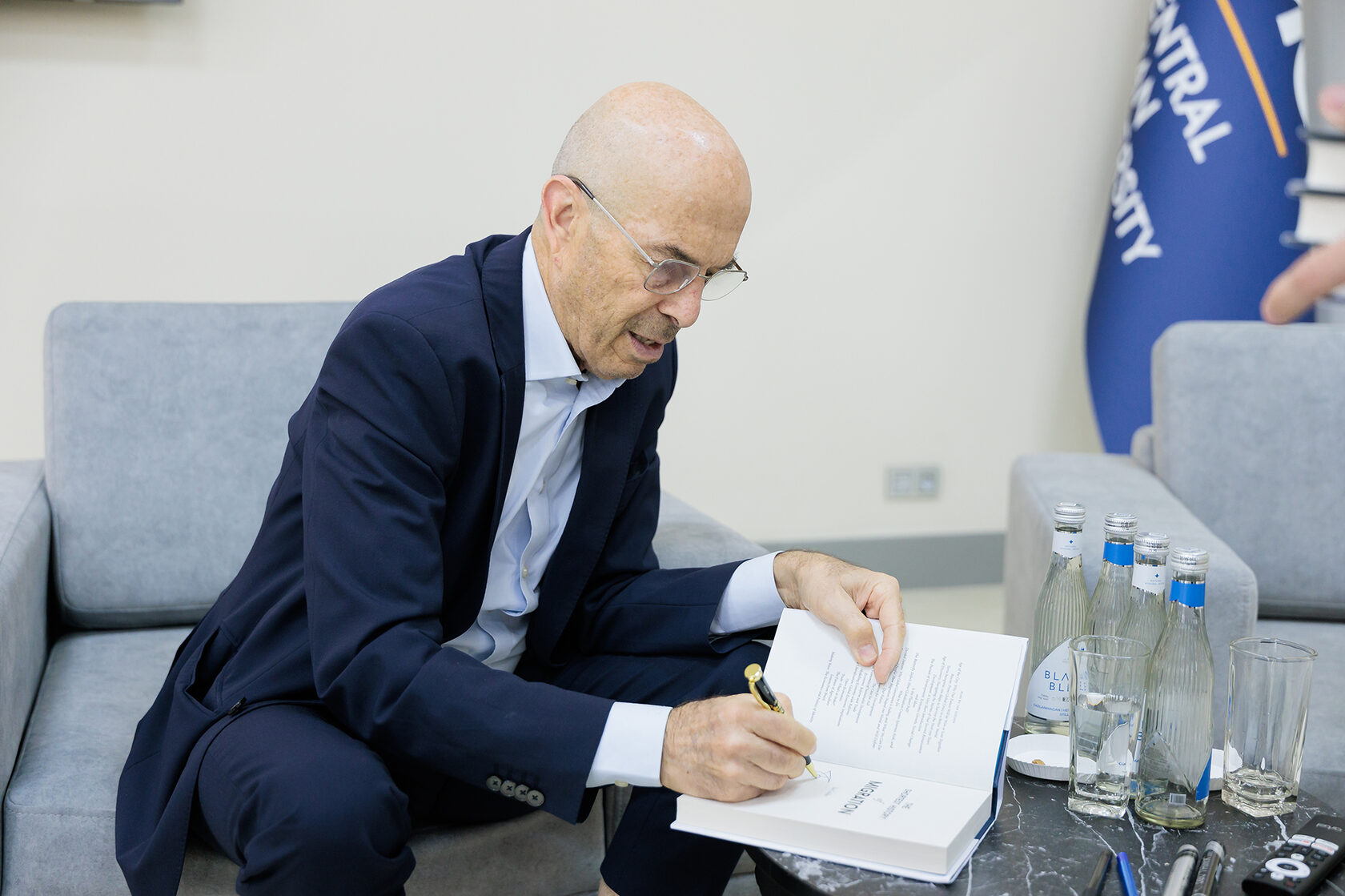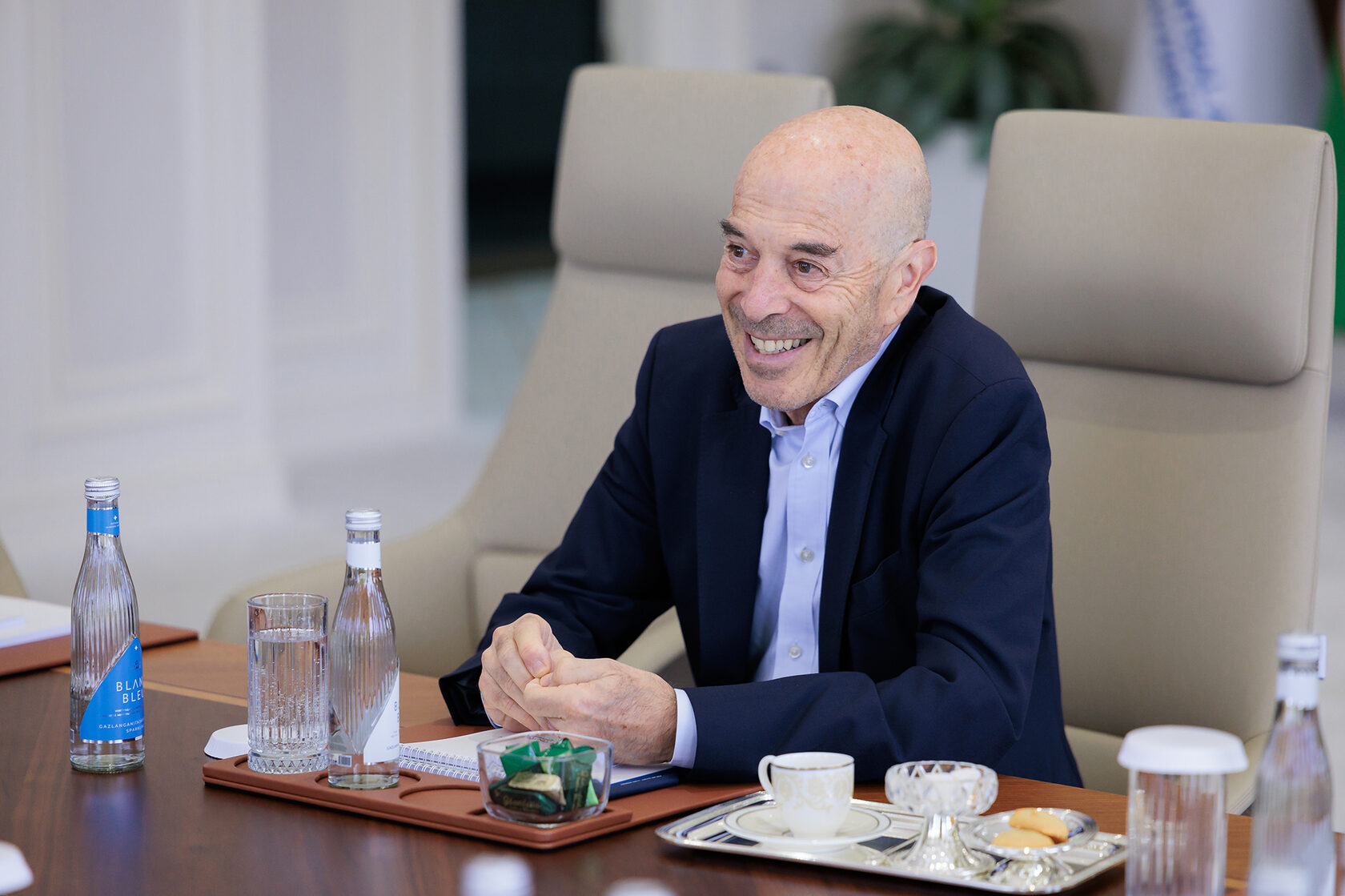Central Asian University recently hosted one of the world’s most influential experts on globalization, economics, and the future of work — Professor Ian Goldin. This visit became a landmark event not only for our campus but also for the broader educational and business community of the region.
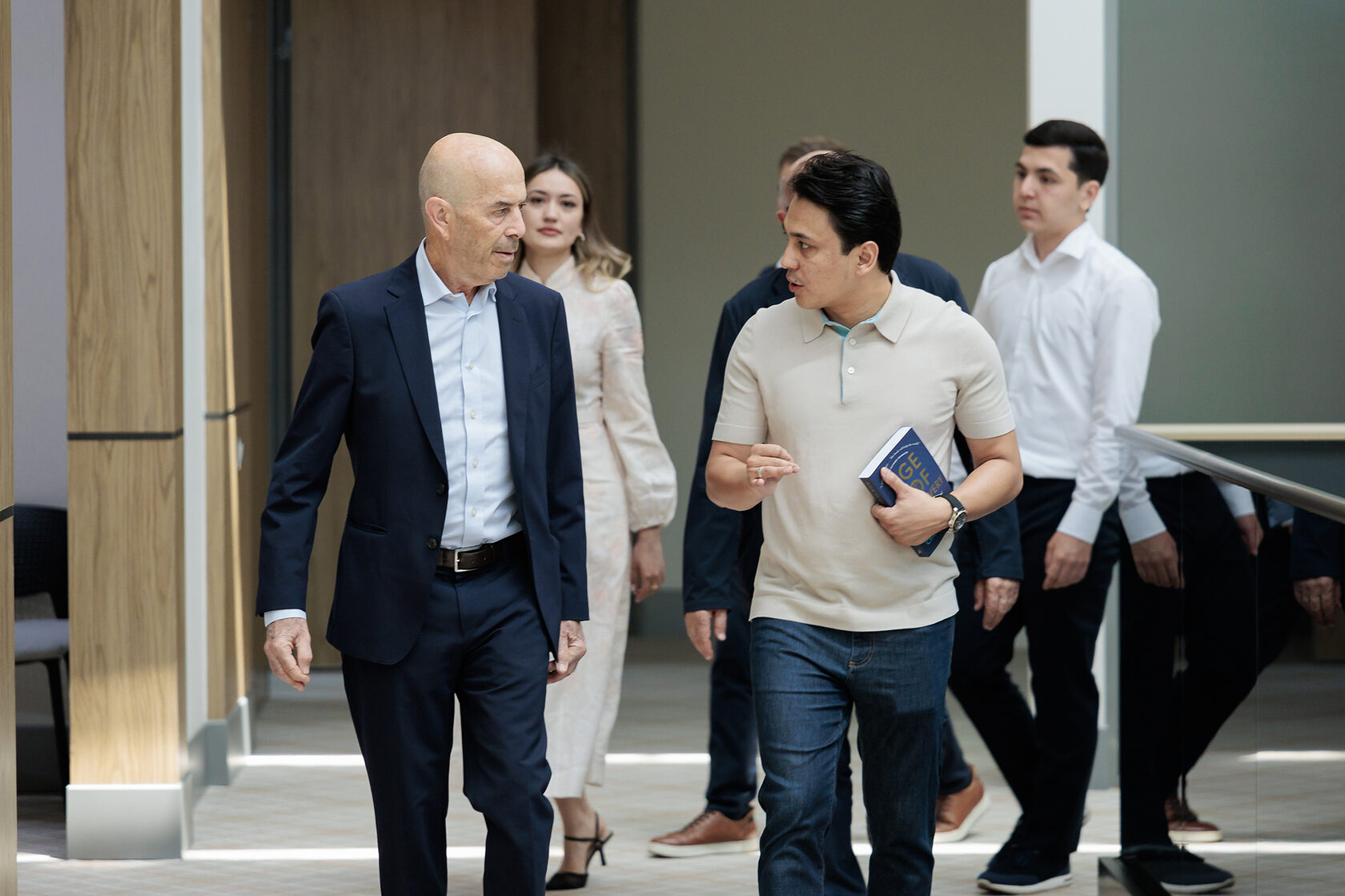
Professor Goldin is Professor of Globalisation and Development at the University of Oxford and the founding Director of the Oxford Martin School, a leading interdisciplinary center tackling global challenges of the 21st century. Previously, he served as Vice President of the World Bank and was an economic advisor to President Nelson Mandela during a critical period of reforms in South Africa. Professor Goldin is also the author of more than 20 books on globalization, technology, and the future of societies.
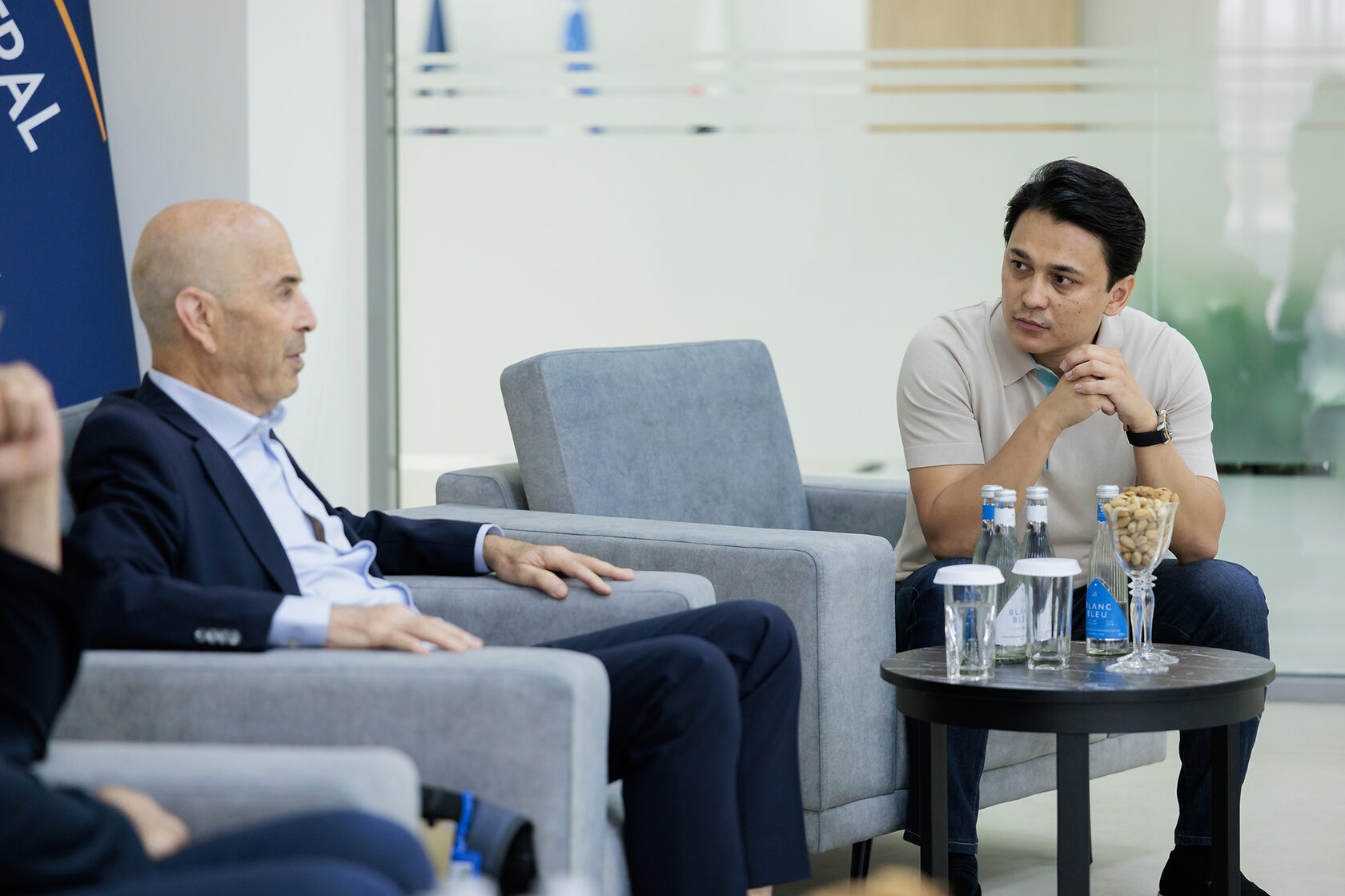
During his visit, Professor Goldin explored the unique ecosystem being built at Central Asian University — where education, medicine, and business converge to set a new standard in preparing future professionals. In an open Q&A session, participants discussed the economic prospects of Central Asia in the context of global market transformation, how healthcare is becoming a key driver of sustainable development, and the role universities play in shaping leaders who can think globally and act locally.
Professor Goldin highlighted how CAU’s approach is creating an environment where students not only gain cutting-edge knowledge in business, engineering, and medicine but also engage in real-world projects and connect with international partners like Cleveland Clinic and Bloomberg.
At CAU, we believe that to shape the future, we must learn from those who are already changing the world. And to truly advance our academic community, we must continue to engage with the very best professionals, whose ideas and experience challenge us to grow.
At CAU, we believe that to shape the future, we must learn from those who are already changing the world. And to truly advance our academic community, we must continue to engage with the very best professionals, whose ideas and experience challenge us to grow.
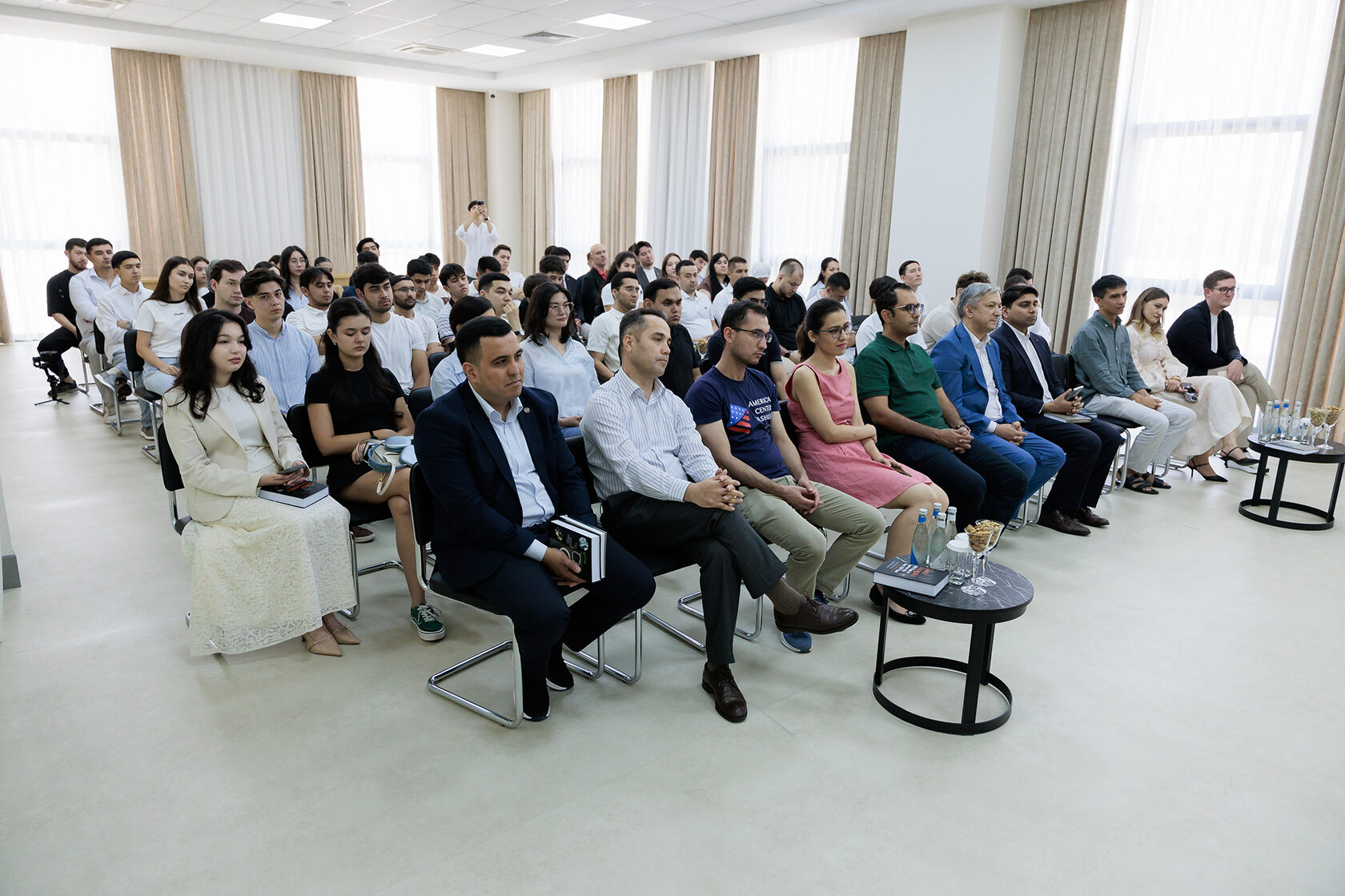
As our Rector Kamran Gulamov said:
“We are convinced that to shape the future, we must learn from those who are already changing the world. And to develop our academy, we need to meet with the best professionals, exchange ideas, and let our students and faculty gain perspectives that will define their own journeys.”
Encounters like this reinforce Central Asian University’s ambitious mission — to be the intellectual hub of Central Asia, integrating international knowledge, practice, and innovation to drive the region’s sustainable development and to prepare specialists of truly global calibre.
